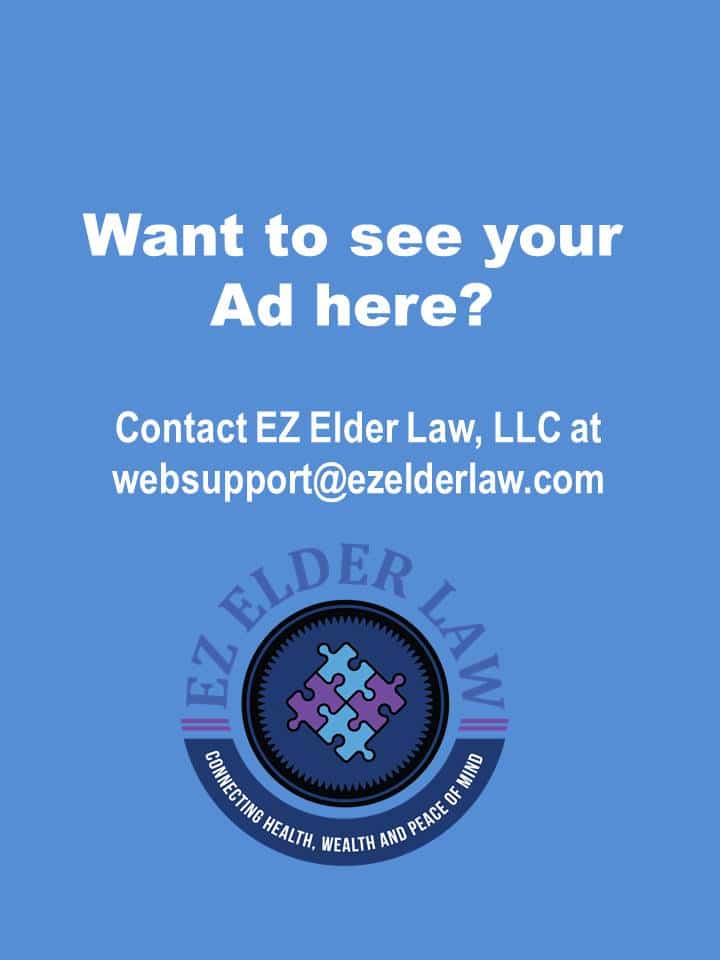42 U.S. Code § 1382c(a)(2) states:
An individual shall be considered to be blind for purposes of this subchapter if he has central visual acuity of 20/200 or less in the better eye with the use of a correcting lens. An eye which is accompanied by a limitation in the fields of vision such that the widest diameter of the visual field subtends an angle no greater than 20 degrees shall be considered for purposes of the first sentence of this subsection as having a central visual acuity of 20/200 or less. An individual shall also be considered to be blind for purposes of this subchapter if he is blind as defined under a State plan approved under subchapter X or XVI as in effect for October 1972 and received aid under such plan (on the basis of blindness) for December 1973, so long as he is continuously blind as so defined.
Social Seurity’s regulations regarding blindness appear in 20 C.F.R. §§ 404.1581 through 404.1587. Section 404.1581 states: “We will consider you blind under the law for a period of disability and for payment of disability insurance benefits if we determine that you are statutorily blind. Statutory blindness is defined in the law as central visual acuity of 20/200 or less in the better eye with the use of correcting lens. An eye which has a limitation in the field of vision so that the widest diameter of the visual field subtends an angle no greater than 20 degrees is considered to have a central visual acuity of 20/200 or less. Your blindness must meet the duration requirement in § 404.1509. We do not consider certain felony-related and prison-related impairments, as explained in § 404.1506.”
Social Security’s Redbook states:
Blindness is central visual acuity of 20/200 or less in the better eye with best correction, or a limitation in the field of vision in the better eye so that the widest diameter of the visual field subtends an angle of 20 degrees or less




